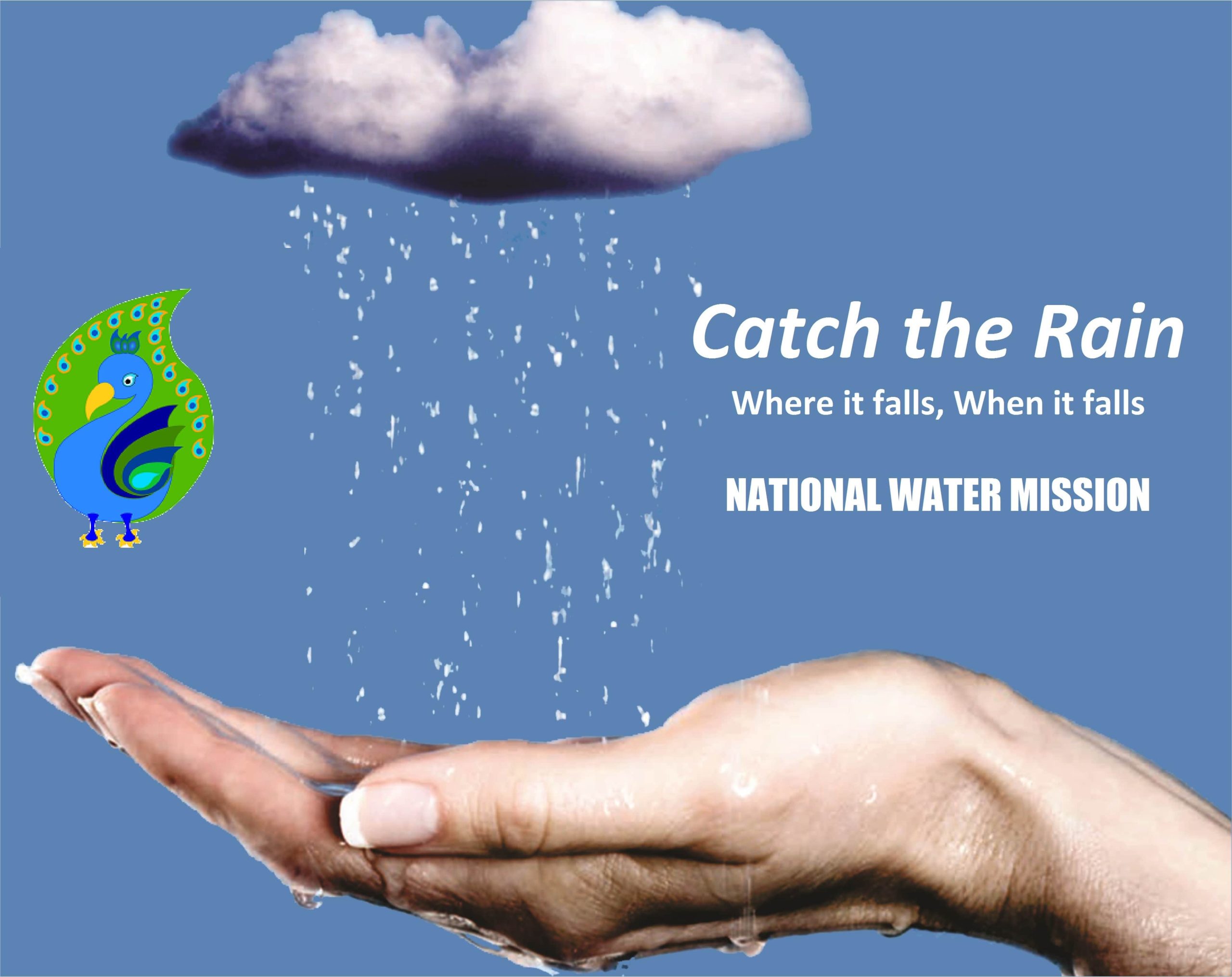Water, a vital element for sustaining life, has faced substantial challenges such as pollution, wastage, misuse, and mismanagement. According to the World Health Organization (WHO), 50 to 100 litres of water per person per day is essential to meet basic needs and address health concerns. Recognizing the urgency, Minister of State for Jal Shakti, Bishweswar Tudu, informed the Rajya Sabha on Monday about the central government’s ongoing efforts in water conservation and rainwater harvesting.
The “Jal Shakti Abhiyan: Catch the Rain” (JSA:CTR) -2023 campaign, launched in March 2023, is the fourth in a series of initiatives. Implemented nationwide, the campaign runs from March 4, 2023, to November 30, 2023, with the theme “Source Sustainability for Drinking Water.” Focused on rainwater conservation, the initiative promotes the construction of dam checks, water harvesting pits, and more.
Objectives of the campaign include water conservation and rainwater harvesting. Additionally, the central government has undertaken various initiatives for water conservation:
1. National Water Policy-2012: The policy mandates water recycling and reuse as a general norm, with an emphasis on treating wastewater to specified standards before reuse. It underscores the need for a national water framework law and comprehensive legislation for the optimal development of inter-state rivers and river valleys.
2. National Mission for Clean Ganga (NMCG): The NMCG, in collaboration with the Indo-European Water Partnership, has developed a national framework for the reuse of treated wastewater. The framework identifies agriculture as a potential area for exploring treated water reuse and encourages safer irrigation practices in peri-urban and rural areas.
3. Master Plan for Artificial Recharge to Groundwater- 2020: Addressing the misuse of groundwater, this macro-level plan outlines structures for different terrain conditions, with provisions for constructing rainwater harvesting and artificial recharge structures to harness 185 Billion Cubic Metres of monsoon rainfall.
4. Atal Mission for Rejuvenation and Urban Transformation (AMRUT 2.0): Managed by the Ministry of Housing & Urban Affairs, AMRUT 2.0 supports treated water recycling and reuse projects for non-drinking water needs in industries and agriculture. The initiative aims to provide universal water supply coverage to all households in statutory towns, with an indicative outlay of ₹2,99,000 crore for five years.














